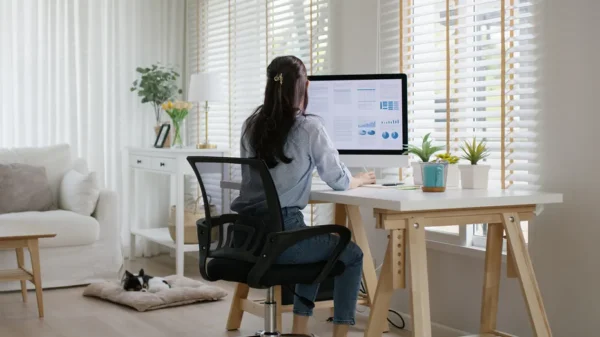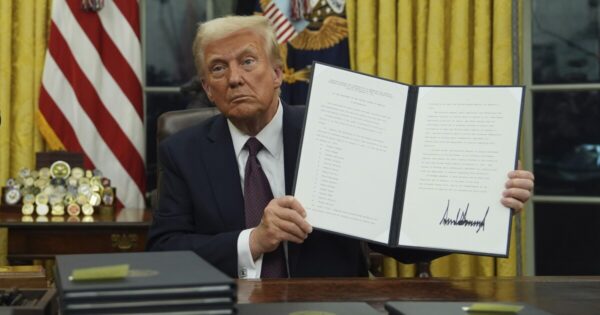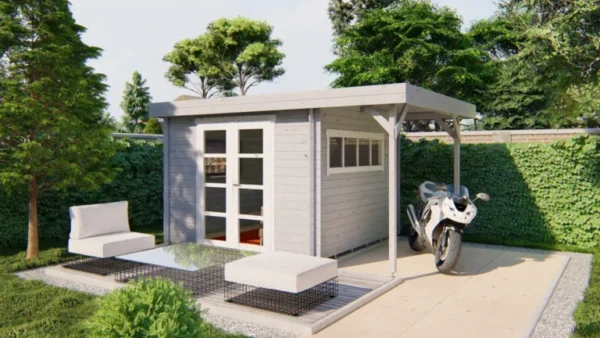
A Simple Guide to Organising Your Finances

Are you someone who’s good with money? Are you aware of where every last penny goes, and do you stash some away on a regular basis, for a rainy day? Or, come the final week before payday, do you find yourself struggling to make ends meet? If you fall into the latter category, fear not – you’re certainly not alone. A recent study found that 24% of UK adults have no savings left at the end of the month, while nearly half (48%) manage to put away £100 or less.
We’d all like to have a little extra cash – whether that’s to treat ourselves, put into savings, or to have on hand in case of emergencies – but managing our money can be easier said than done. That’s why we’ve put together this simple guide to help you get started.
Work out where your money is going
The first step is to sit down and make a record of all your incomings and outgoings. You should take everything into account and it’s perhaps best to start with what you earn through your salary, benefits or any other streams of income. Next, calculate all your expenditures, including any repayments for rent or the mortgage, credit cards, household bills, fuel costs, food bills and even long or short-term loans that come out of your account.
Identify where you can save
Once that’s done, you might be able to spot some areas where you can make a few savings. For example, if you’re still paying for a gym membership but haven’t been in months, or for a satellite TV subscription that you never watch, then cancelling those standing orders can be a huge help. They may not be massive monthly expenses, but over the course of a year they soon add up.
Shop around
It may not be a job that fills you with enthusiasm, but switching your energy supplier can also make a big difference to your bank balance. By comparing a range of providers, you’ll get an idea for those that offer cheaper tariffs than your existing supplier, and making the switch can save you hundreds of pounds over the year.
Set up a savings account
Once you start to make some savings, it might be worth setting up a separate account to transfer those funds into. It doesn’t have to be a huge amount each month – you should only set some aside once the essentials have been covered – but it can go a long way and you never know when you might need to dip into the emergency pot. A handy tip is to set up a standing order for the same day you get paid, so the money effectively goes straight into your savings and you won’t be tempted to shell out for that unnecessary item that could see you come up short again towards the end of the month.















































